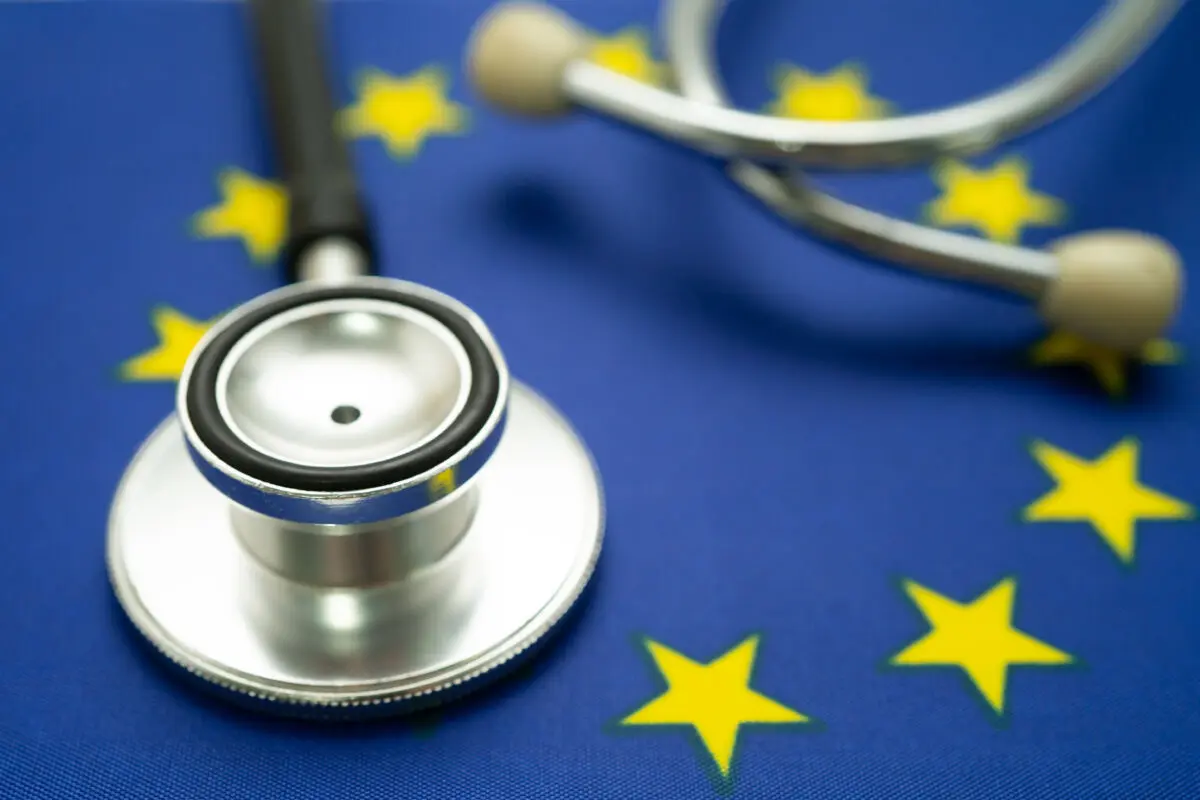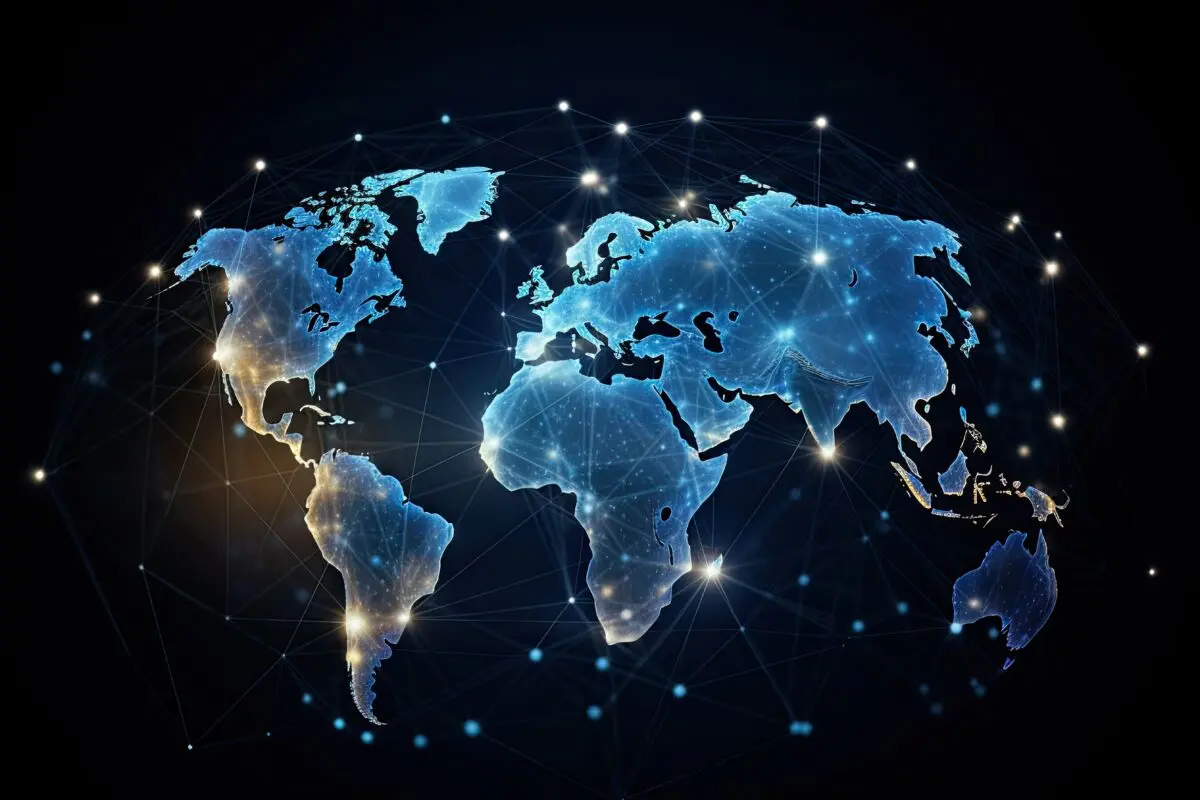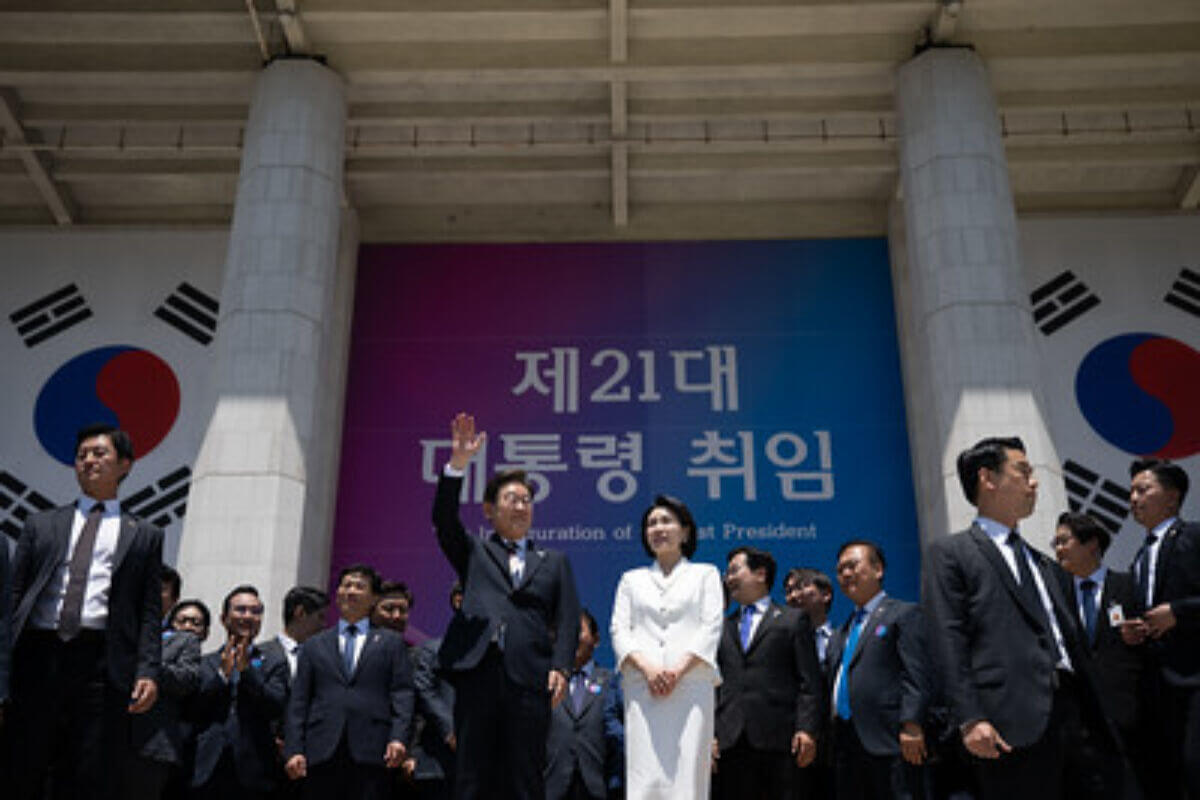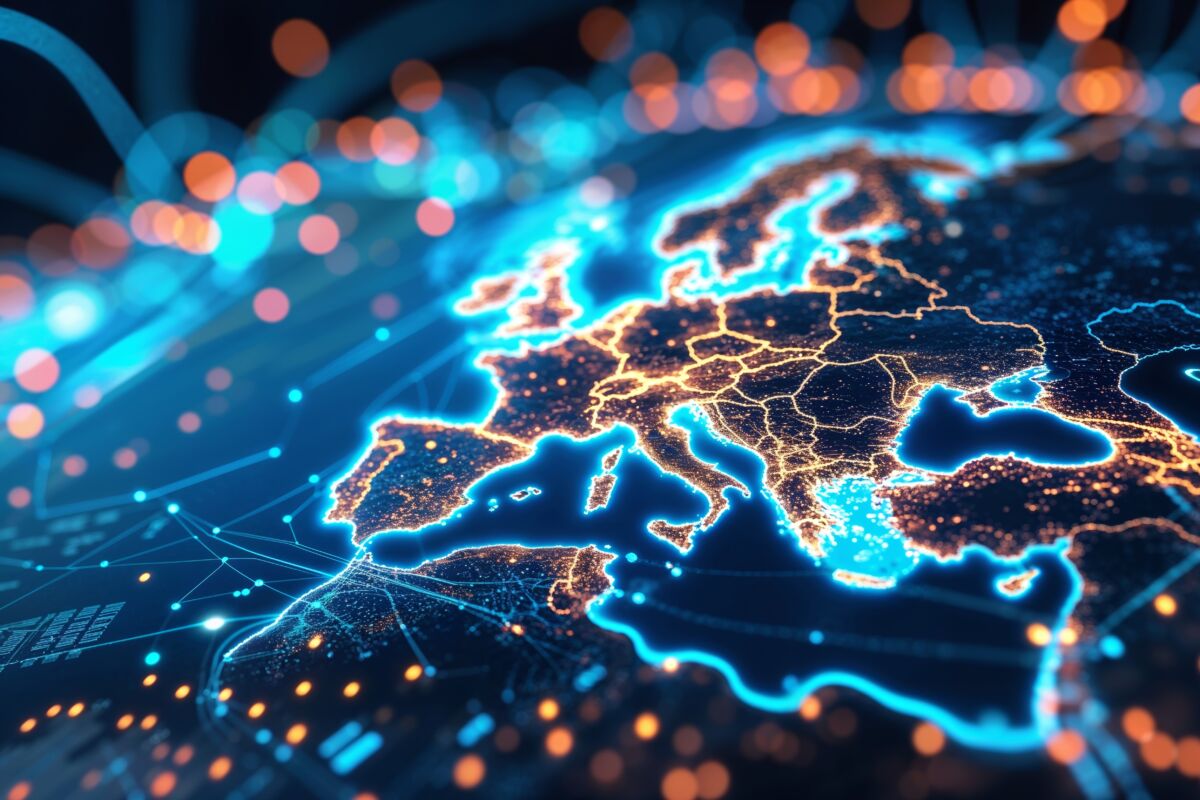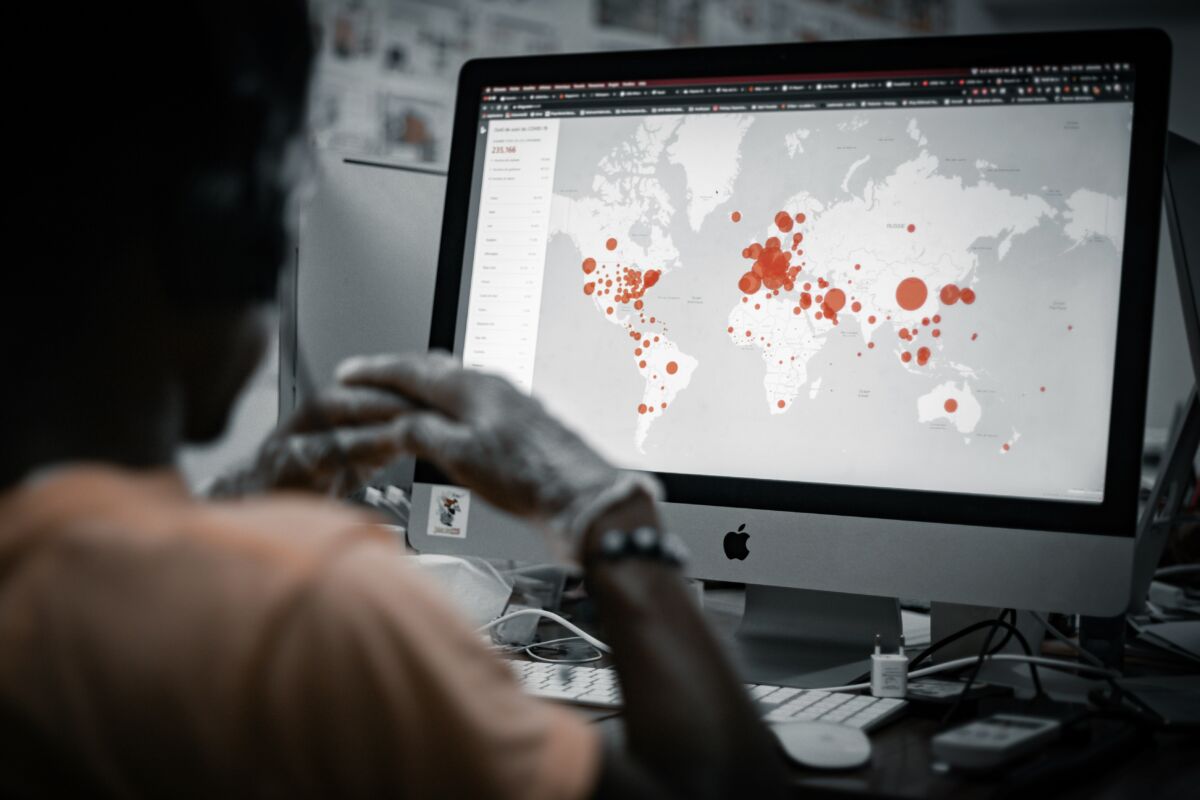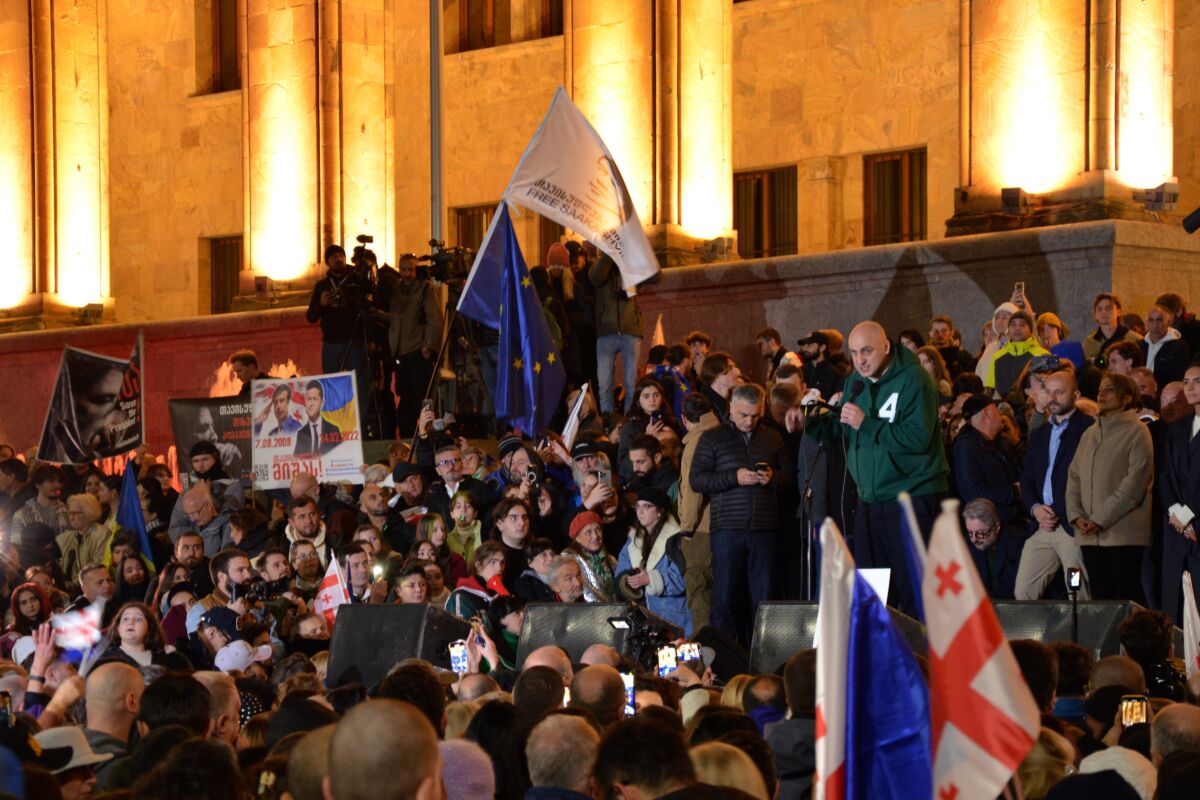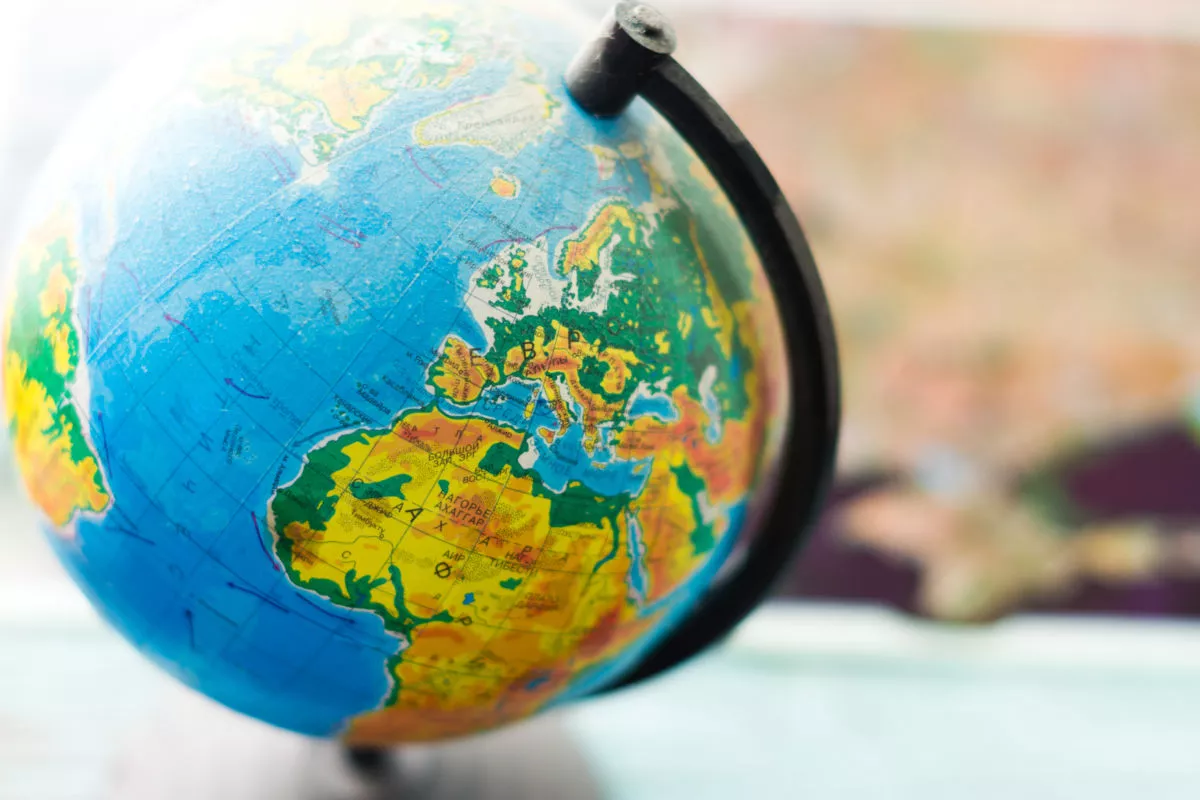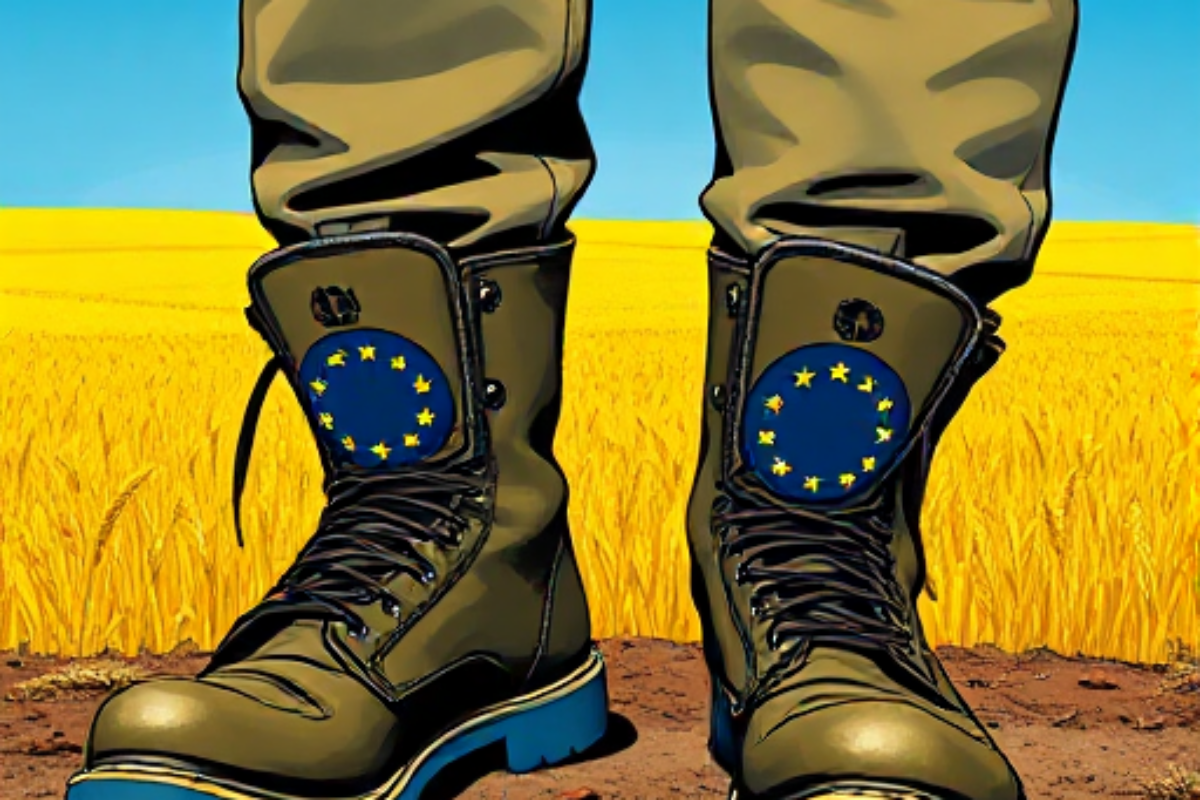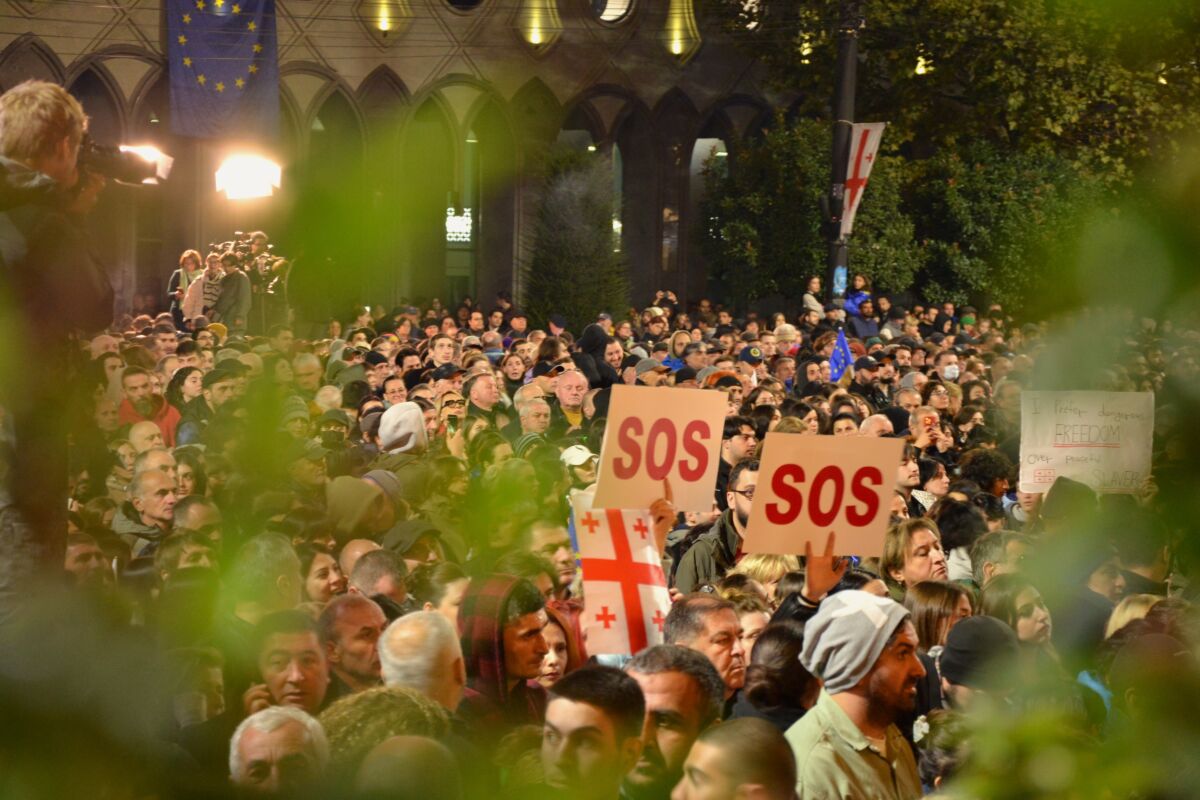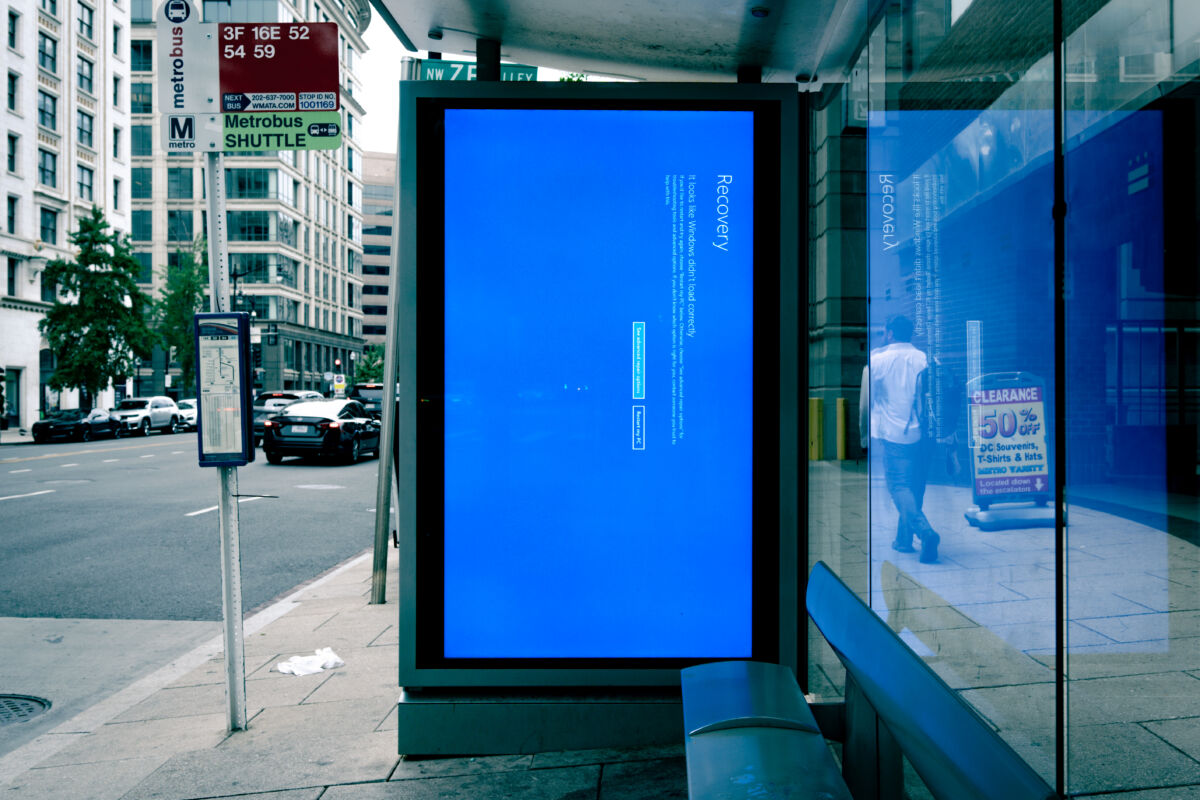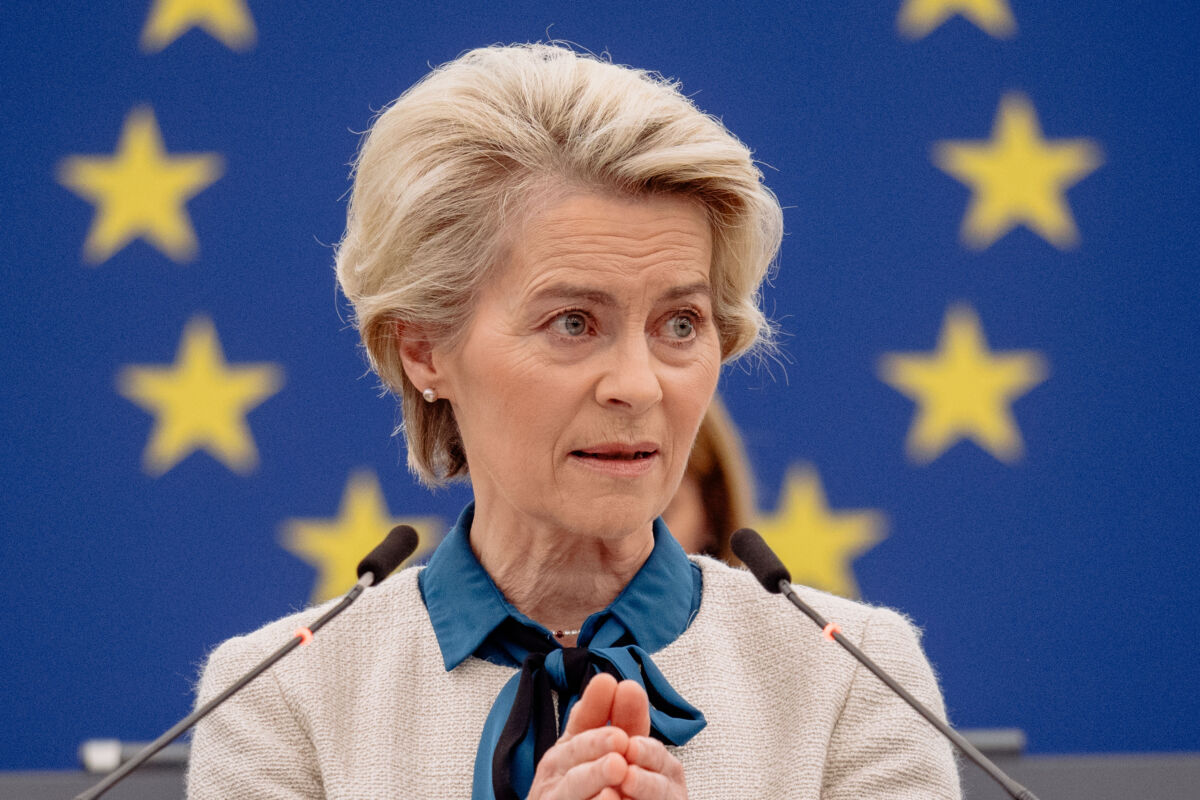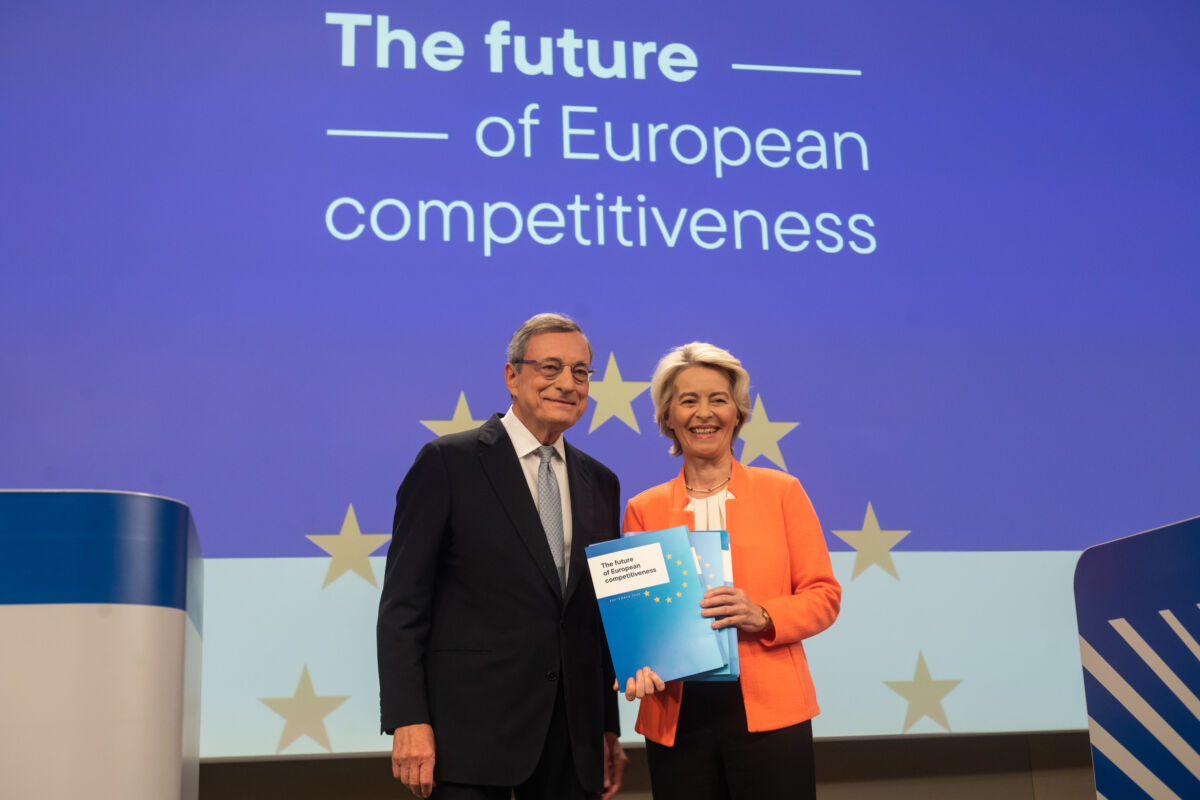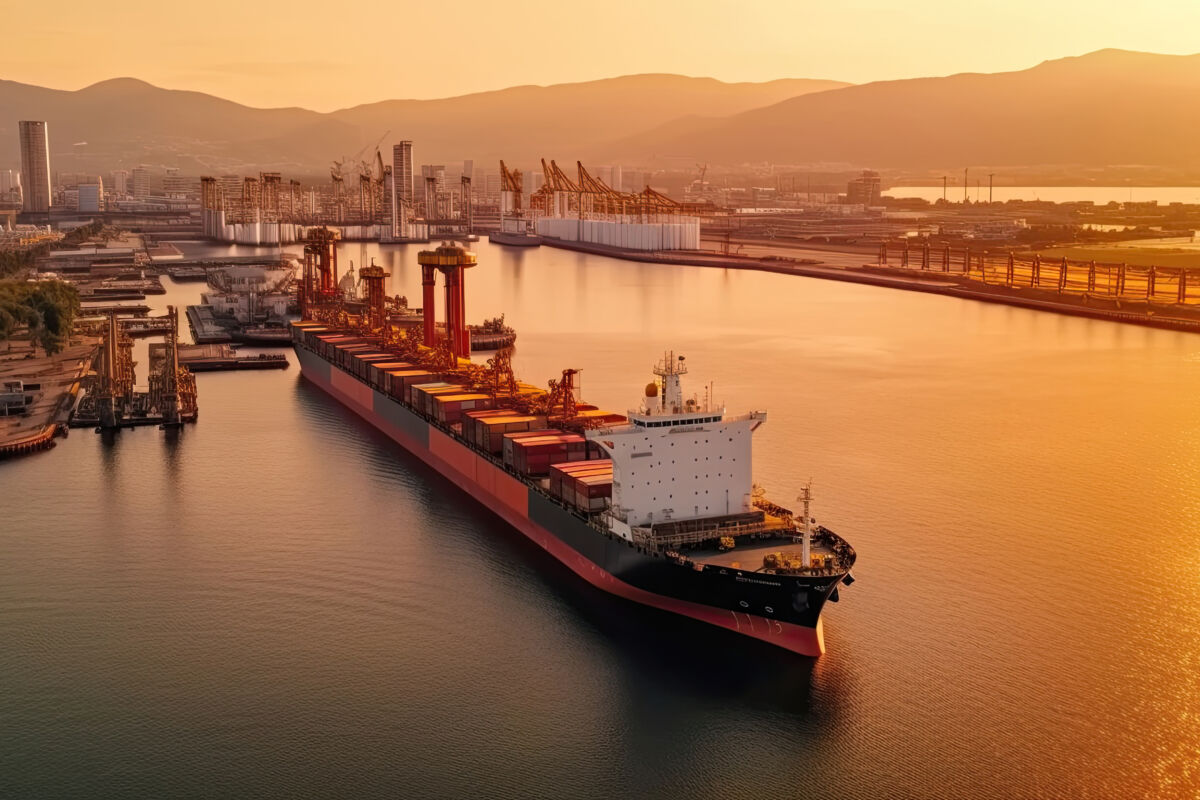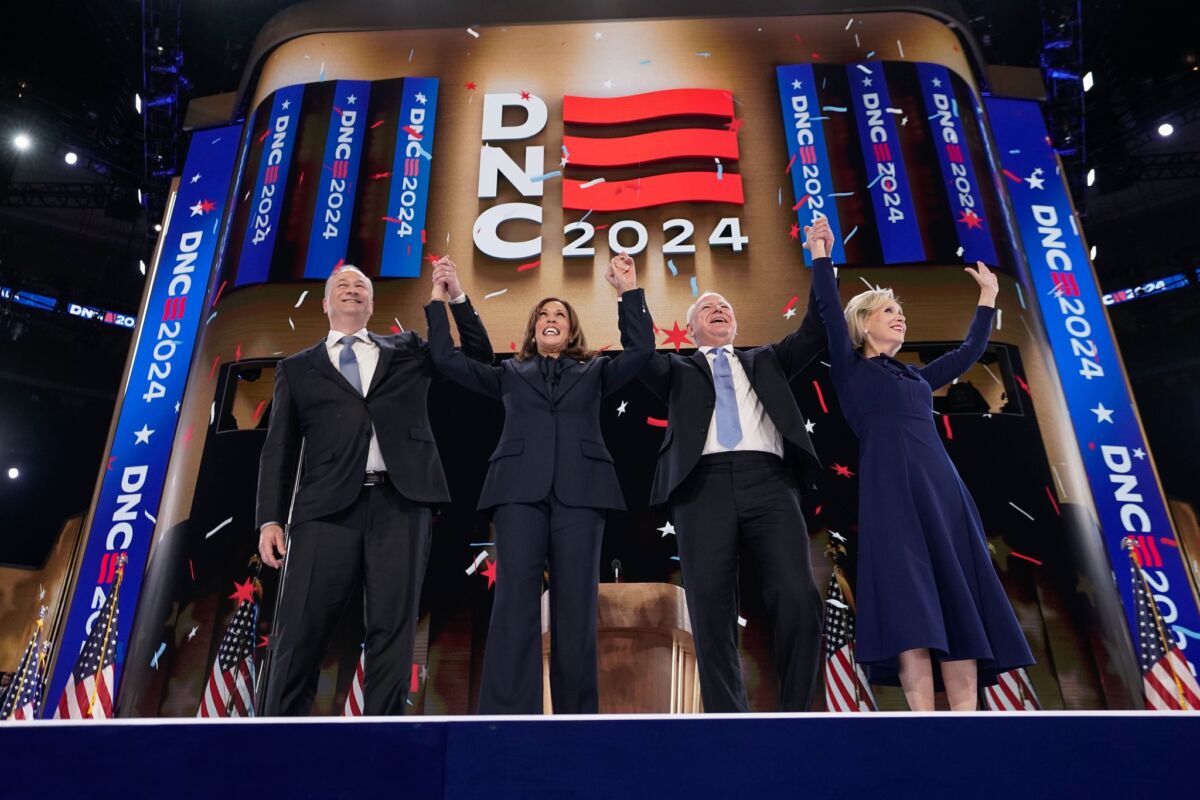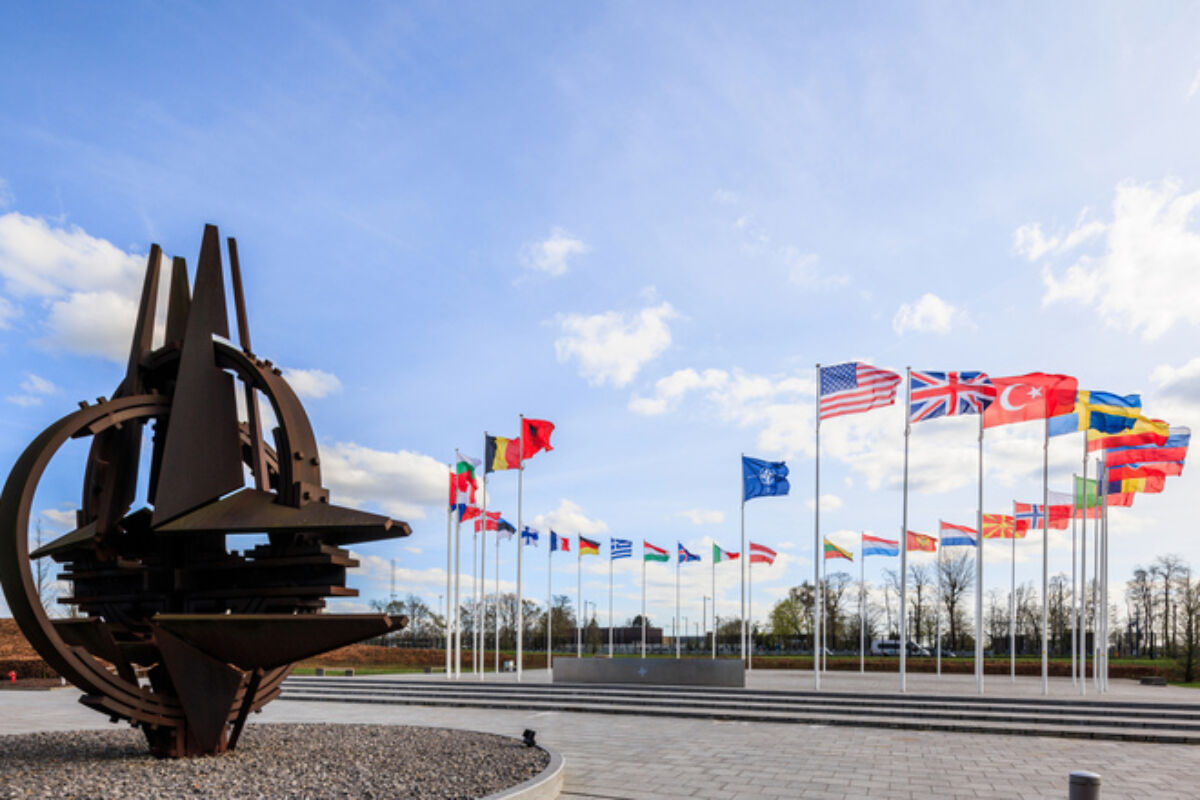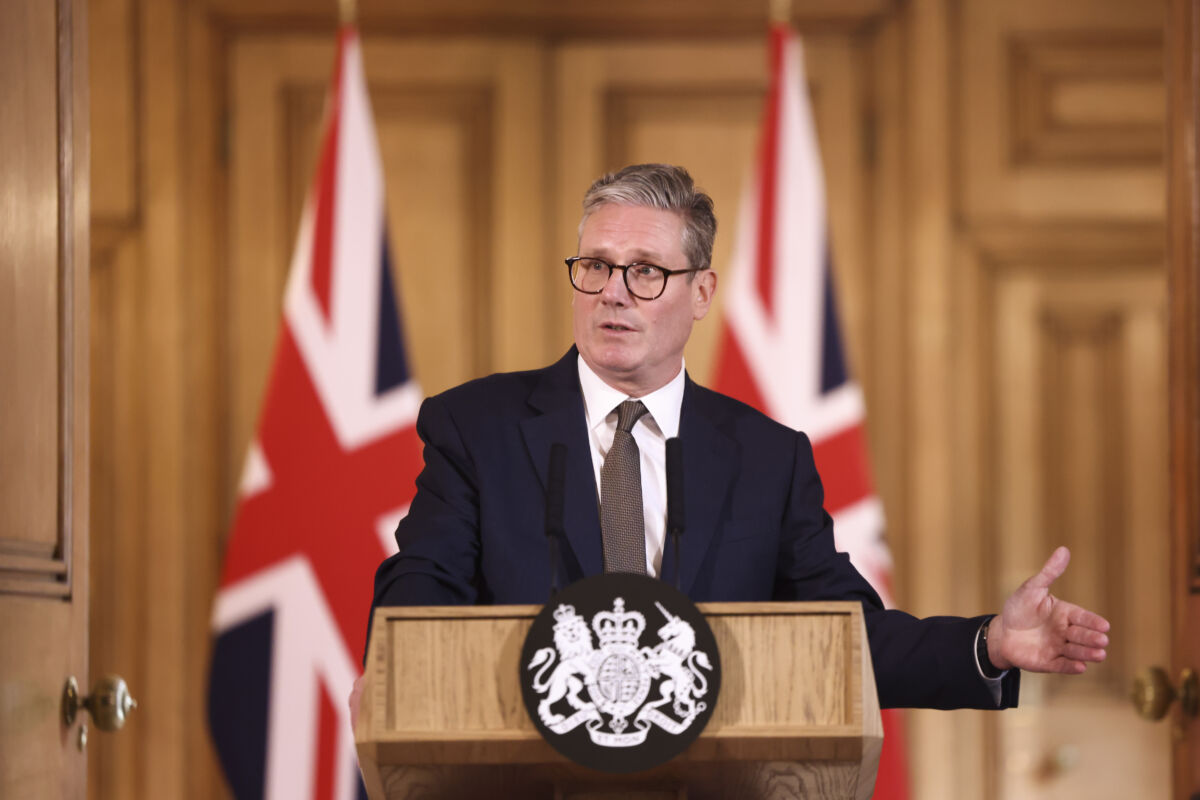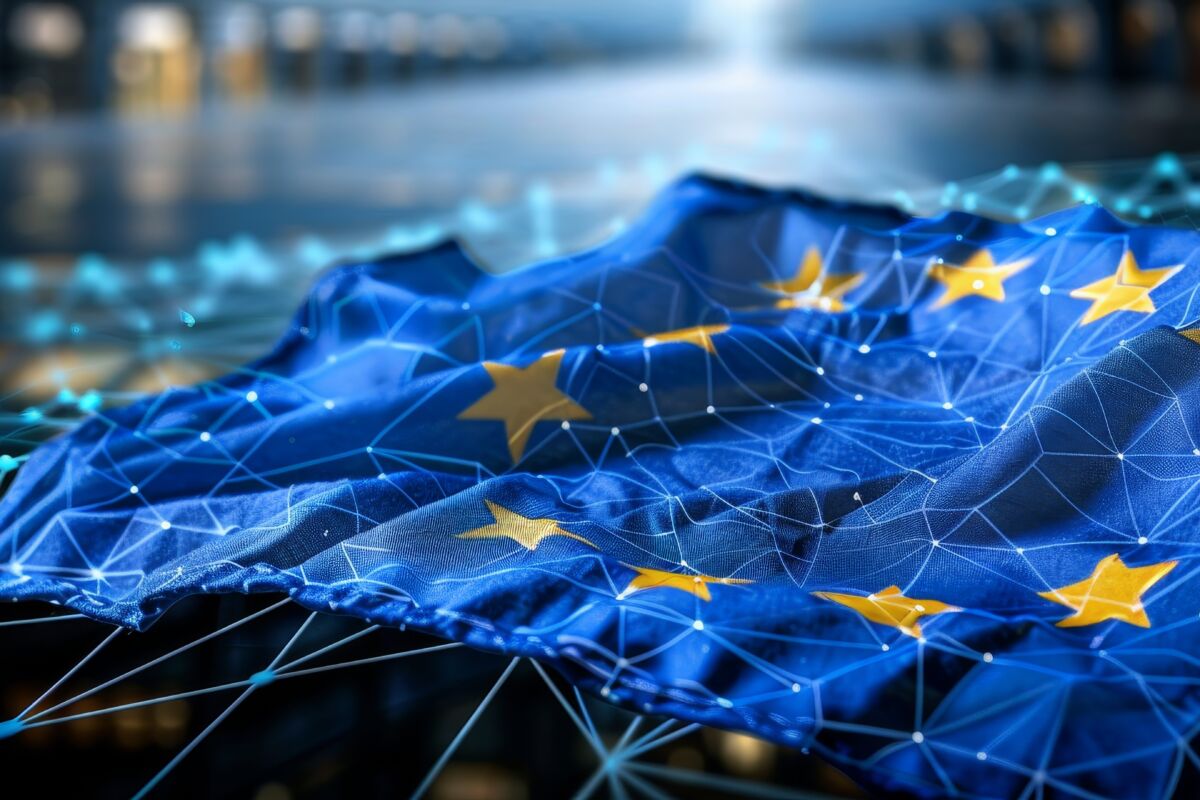The Free World that we knew has been transformed overnight and now we in the EU must deal with the world as it is. That the United States has decisively chosen to be led by a man who is a convicted felon, who lies far more often than he tells the truth and who tried to steal the 2020 election by violent means – these might be issues for America and for Americans to now deal with.
That the US has chosen to be led by a man who is enamoured with authoritarian rulers, who sees no merit in promoting liberal democratic values worldwide, who places no great value on America’s allies and who is prone to protectionist tariffs and trade wars – these are issues for us in the EU to now deal with.
A second Trump term will not be just like the first
There will be very few constraints on Trump this time round. A recent US Supreme Court ruling made it practically impossible to prosecute a president for acts – even criminal acts – during his time in office. That same sycophantic Supreme Court is happy to do Trump’s bidding and an even more sycophantic Republican Party will control the Senate – meaning he’ll be able to appoint new judges and other officials at will.
Other recent Supreme Court decisions have crippled the administrative state in the US. Whilst, at the time of writing, we still don’t know who will control of the House of Representatives, the traditional American reliance on checks and balances is severely eroded.
We cannot expect things to automatically revert to ‘normal’ after sitting through another four years of Trump. An imperial president armed with near-total immunity from prosecution can now manipulate elections at will. Problematic US presidents are likely to be the order of the day for many years to come.
With the US poised to step back from its traditional role as leader of the Free World, there is no real alternative on offer to fill the void other than the EU taking on a more activist role in the world. For many years there have been doubts about Europe’s ability to project influence and power in line with its diminished, but still significant, global economic and military heft. Now it may have no choice but to step up its game – and do it relatively quickly.
Luckily, there are a few things that the EU can do to reinforce its role and increase its raw strength both at home and in the wider world.
The road ahead is fraught with danger…
The transatlantic relationship is sure to decline and the EU cannot unilaterally rescue it. We must be prepared to defend EU interests whenever and wherever necessary, including taking tough action if it’s called for; however, we should strive to avoid unilateral measures that would cause needless friction.
Unfortunately, the EU has painted itself into a corner through inadequate military preparedness over the last 80 years. Until and unless we can rebuild our capabilities, we will be vulnerable to many forms of pressure from the China, Russia – and yes, Trump’s US.
The most immediate likely consequence of the election is that US aid to Ukraine will end, with serious consequences. Ukraine will probably be forced to make peace with Russia on terms detrimental to it and to the EU’s security. And with Trump in the White House, NATO’s credibility as a deterrent to Russia becomes limited. Once Russia has rebuilt its military following the end of hostilities in Ukraine, the risk of a military escalation involving one or more EU Member States is high. There is also the very real chance that a mercurial, unpredictable Trump might sleepwalk into a wider regional conflagration in the Middle East or the South China Sea.
The days of the postwar ‘peace dividend’ have ended. After decades of neglect, the EU lacks many key defence capabilities. In the new and increasingly volatile multipolar world, it’s clear that if the EU wants peace, it must be prepared for war.
… but the EU can rise to the challenge
Like it or not, a global arms race is already in full swing. The EU has to overcome its fragmentation and muster the necessary political will to not be left behind.
Regarding the heightened risk of economic coercion and a possible trade war, the EU should continue to strengthen the toolbox of measures available that will allow it to respond to any pressure from the US and China, and to reduce our vulnerability to trade disruptions. We mustn’t forget that the EU is still a major global trade power and this is probably one of its strongest hands to play during these uncertain times.
The expected decline in America’s willingness and ability to act as the world’s champion of democracy is unambiguously bad for the EU but we cannot change it and we need to respond proactively. Despite illiberal tendencies in several Member States, the EU is the greatest remaining bastion in defence of truly liberal democratic values.
For the EU to take up the mantle that the US is about to drop won’t be easy. Countries in the ‘Global South’ realise that the EU is home to many former colonial powers. If, however, we can lead by example, if we treat partner countries with dignity and respect, if we can deliver friendly and sensitive suggestions rather than supercilious lectures, we might actually profit from the global transformation that this US election has now set in motion. The EU’s Global Gateway initiative could be bolstered and play a significant role here.
A more ‘federal’ approach for the EU is clearly needed to respond to these many challenges. Can we find the political will?
If we can, we must follow Otto von Bismarck’s maxim that ‘politics is the art of the possible’. Progress towards deeper integration at EU level has always been driven by a process akin to the punctuated equilibrium that characterises Darwinian evolution in the biological world – long periods of relative stasis, followed by occasional rapid evolution in response to some external shock.
The EU responded well to the Covid-19 pandemic and then to Russia’s barbaric full-scale invasion of Ukraine. The US elections arguably represent an even greater shock.
In sum, the US election presents a severe challenge to the EU but also provides opportunities. It’s now up to us to proactively, bravely and intelligently play the hand that we’ve just been dealt.
This CEPS Expert Commentary is a part of an ongoing series running throughout 2024 to mark key global elections during a year when around half of the world’s population will be heading to the polls. You can read the other commentaries in the series here.



